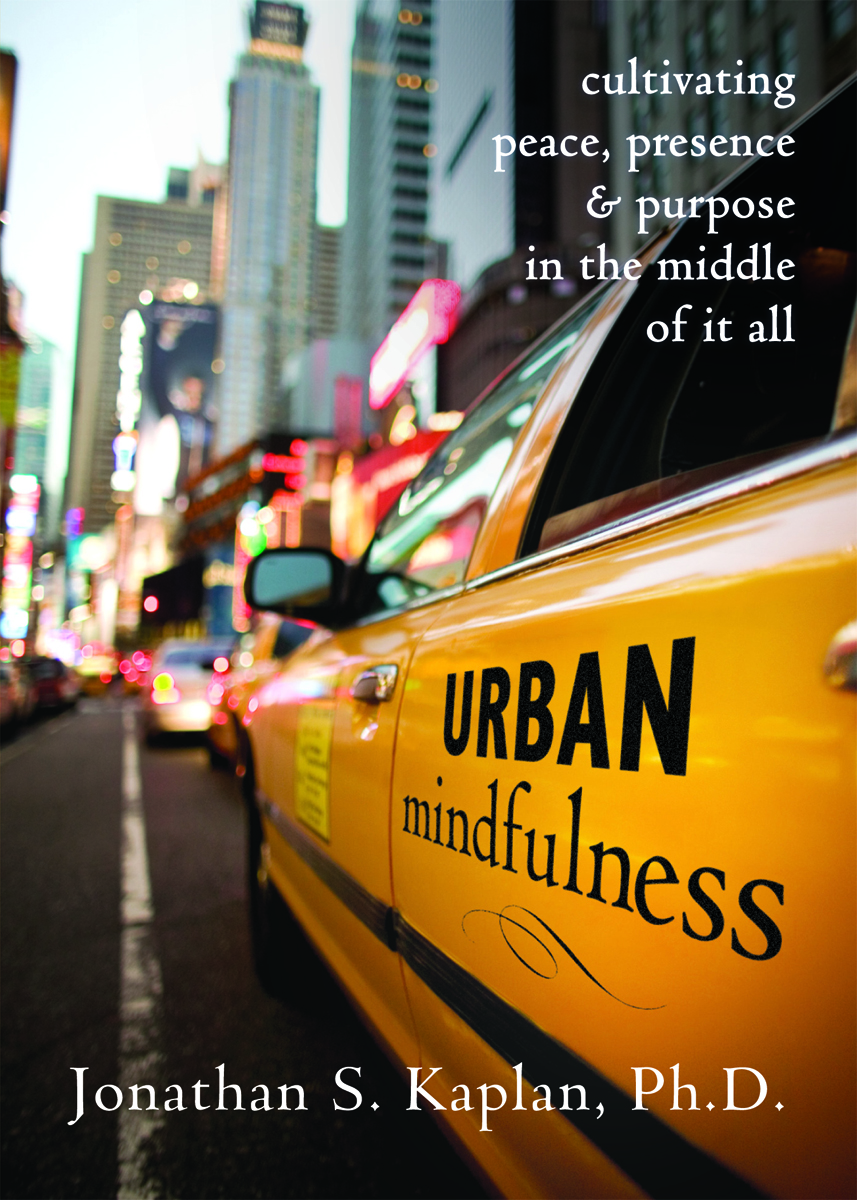
By Jonathan Kaplan, Ph.D.
Walking through Park Slope recently, I overheard a woman muttering to herself about how much she hated the rain. Bent over and walking quickly, she was cursing under her breath as she rushed off with her umbrella. Normally, this would not be out-of-the-ordinary. What made it strange, though, was that fact that it was not even raining!
The sky looked dark and the forecast called for rain. However, in that moment (and indeed all morning long), there was no rain. This woman was making herself feel miserable by ruminating over something that was not happening. Presumably, she expected to be unhappy later when it rained, so she had started to make herself feel bad now. Why? Is there any inherent advantage to getting a jump-start on feeling irritated, annoyed, and inconvenienced?
This is a trap that catches all of us periodically. We expect to feel bad about something, so we start feeling worried, angry, or sad about it now. If it doesn't happen, then we usually find something else to make us feel disappointed, stressed, or anxious. If it does happen, then we think, "Aha! I knew it!" What does this get us? Why not take a moment to recognize what's actually happening, rather than forecasting misery?
As for the woman I ran into, I hope that she found a moment of peace or--perhaps more profoundly--recognized that there are many reasons to feel grateful for rain. As for the weather, it never rained.
 Wednesday, November 5, 2008 at 08:43AM
Wednesday, November 5, 2008 at 08:43AM  events in
events in  Meditation,
Meditation,  NYC
NYC  events in
events in  Meditation,
Meditation,  NYC
NYC 



